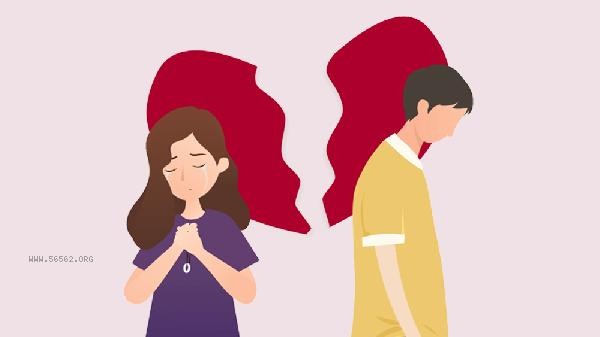Breaking up first but wanting to reconcile is a common psychological contradiction phenomenon, usually stemming from emotional dependence, practical considerations, or changes in self-awareness. This psychological state may be triggered by factors such as feelings of loneliness after a breakup, reinforcement of fond memories from the past, external pressure, or setbacks in a new relationship. The idea of reconciliation after a breakup is often related to emotional inertia. When intimate relationships suddenly break down, the brain will experience withdrawal reactions due to habitual dependence, amplifying past positive experiences. Some people may alleviate separation anxiety by idealizing their ex partner, especially when facing difficulties adapting to a new relationship or life pressure, this tendency is more pronounced. The deviation of emotional memory can lead people to selectively recall positive moments and ignore the core contradictions that led to the breakup. In rare cases, composite impulses may reflect deeper psychological needs. Personality traits such as dependent personality are more likely to experience regret after a breakup, attempting to rebuild a sense of security through compounding. Unresolved family trauma may also lead to pathological attachment to familiar relationships. When the decision to break up is based on impulse or external pressure rather than rational judgment, the parties involved are more likely to re evaluate the value of the relationship after their emotions have calmed down. If considering reconciliation, it is recommended to first undergo a cooling off period of at least one month to objectively analyze whether the reasons for the breakup can be reconciled. You can record your true feelings by writing an emotional diary, or engage in role-playing conversations with trusted friends. Before rebuilding the relationship, it is necessary to confirm that both parties are willing to make substantial efforts for the existing conflict, and if necessary, seek professional psychological counseling. A healthy relationship requires bidirectional growth, and relying solely on emotional inertia or avoiding loneliness may repeat the original pattern.












Comments (0)
Leave a Comment
No comments yet
Be the first to share your thoughts!